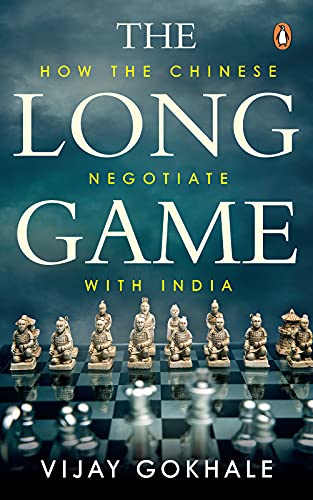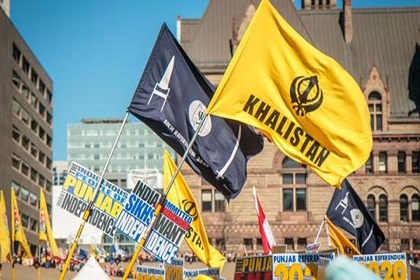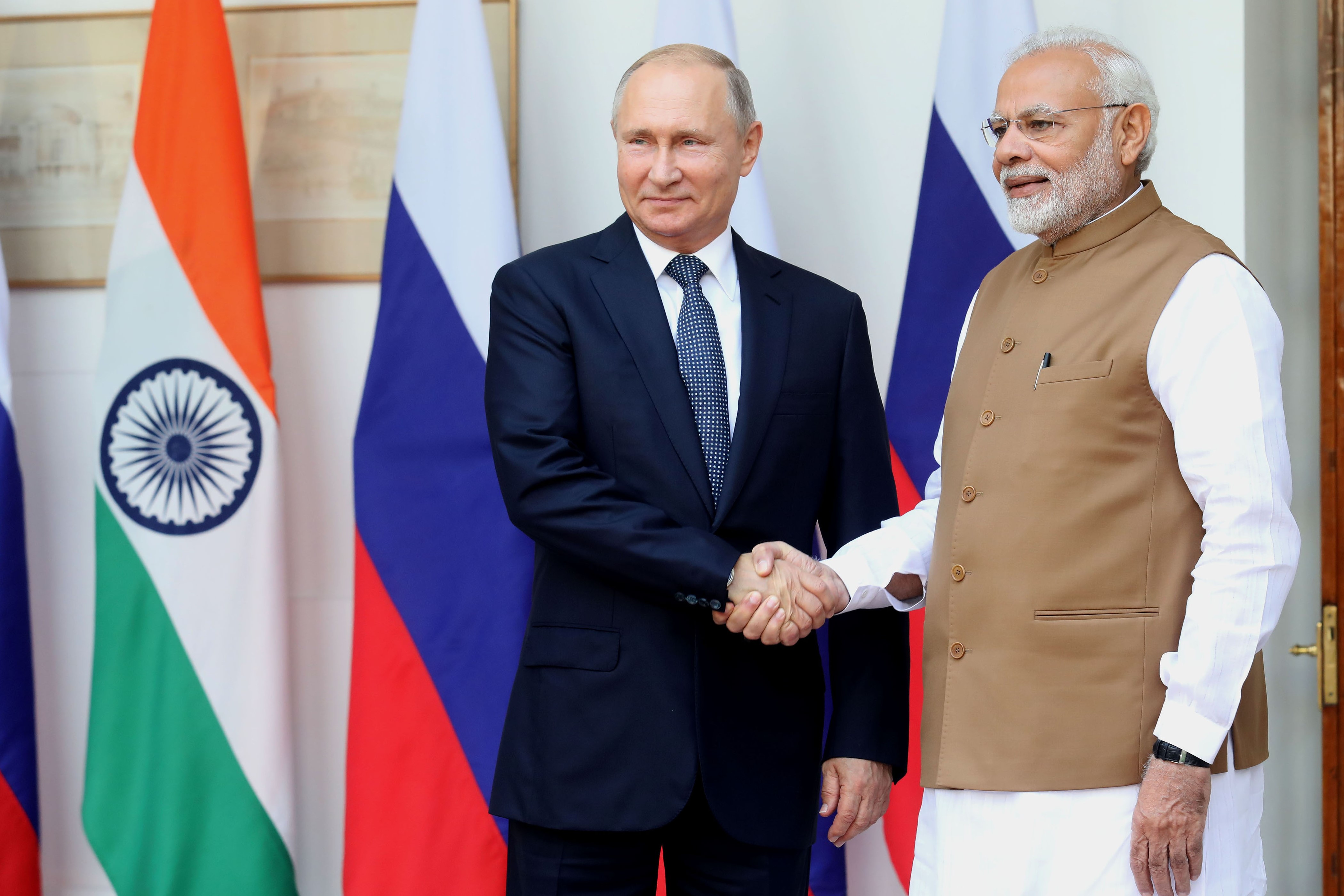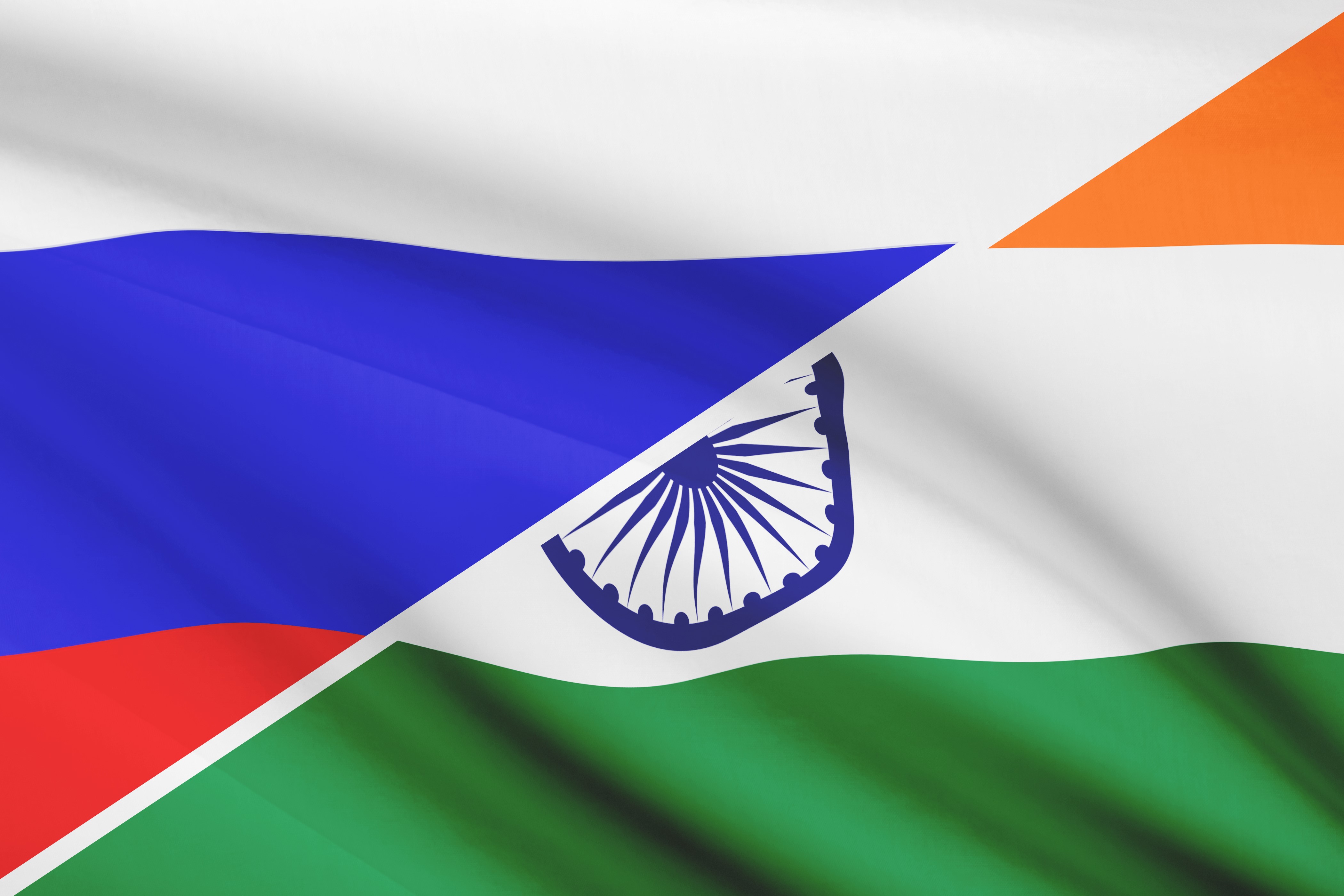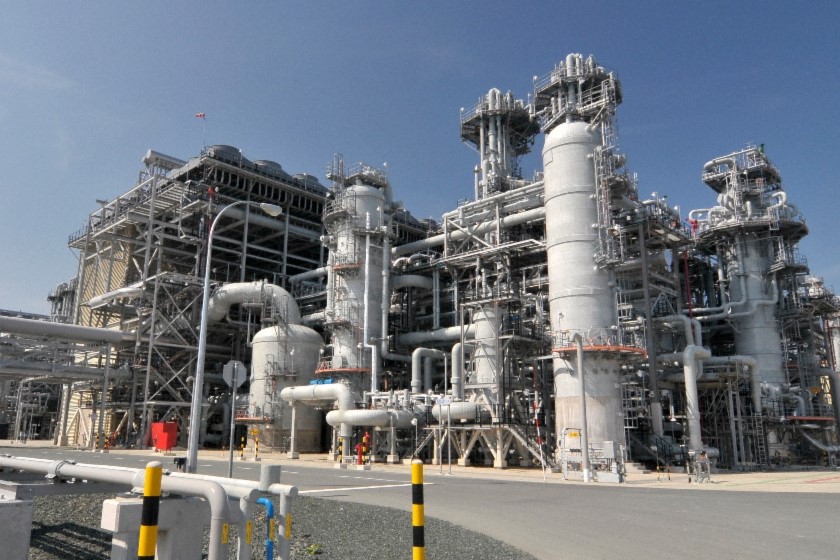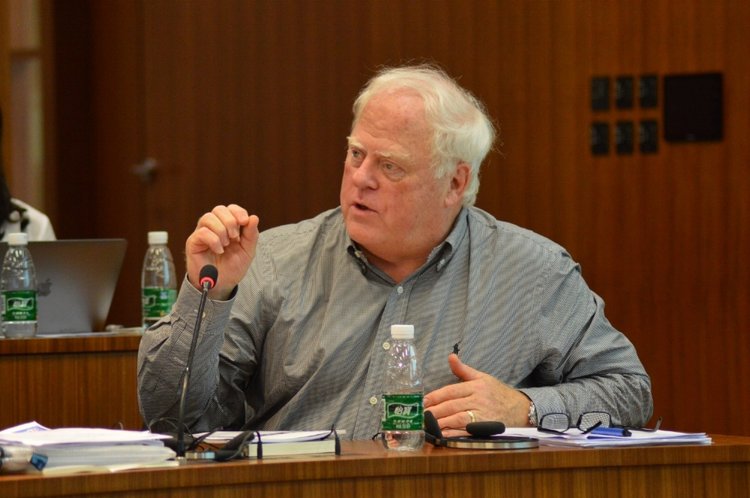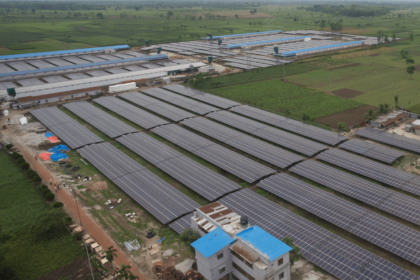The Long Game: How The Chinese Negotiate With India
In six concise case studies, Vijay Gokhale, former Foreign Secretary of India, demystifies the Chinese style of diplomacy. The reviewer says the book makes a compelling case for how the lack of diplomatic experience of newly independent India’s leaders enabled the Chinese Communist leadership to outmatch and outmaneuver them in the early years, despite the latter playing a relatively weak hand.

